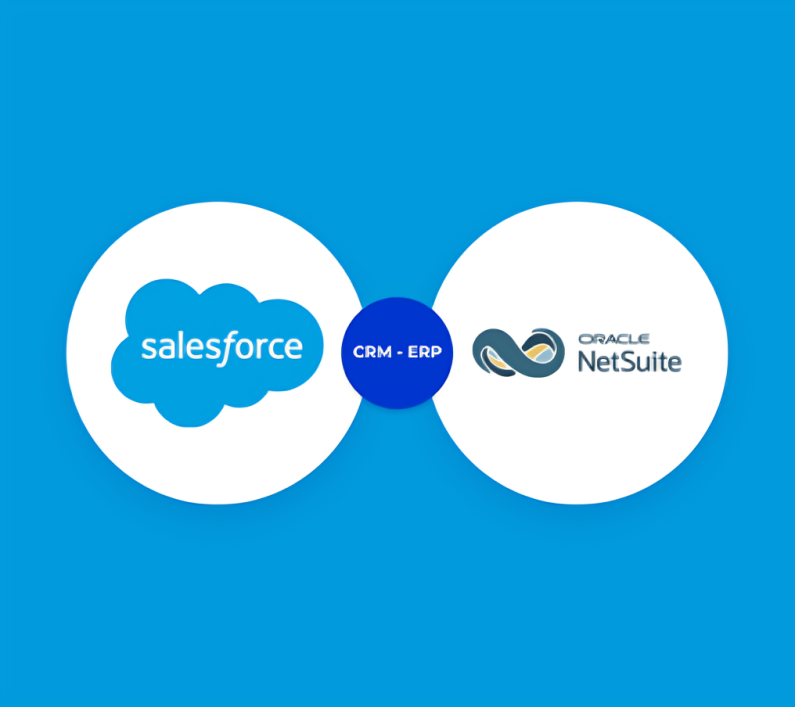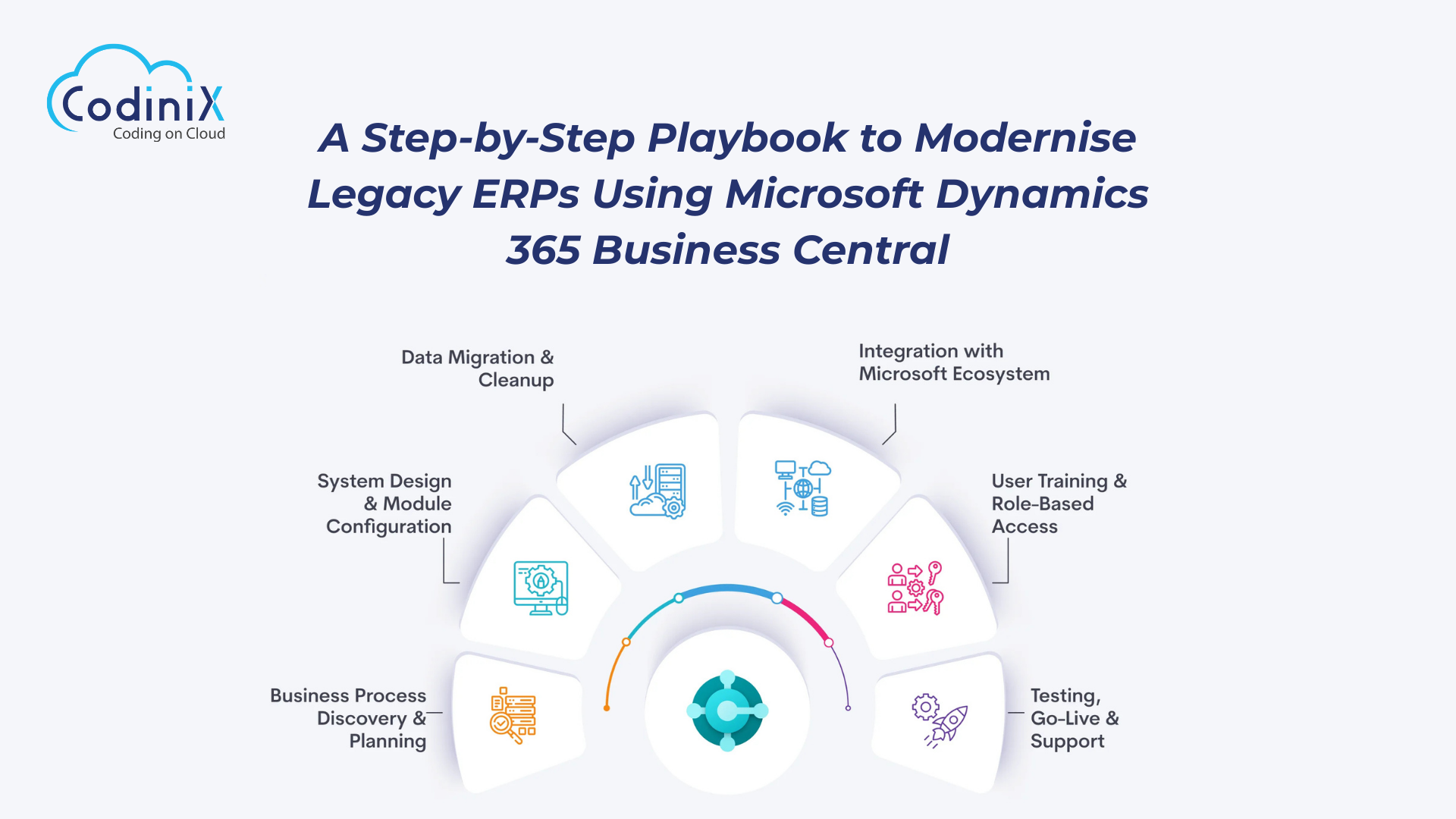To remain competitive, today's fast-paced business landscape requires efficient and accurate financial management. To help streamline operations, businesses turn to solutions such as Zoho Finance Suite; however, its full potential can only be realized once it has been seamlessly integrated with existing systems.
This comprehensive blog will cover its Zoho finance suite integration benefits, implementation strategies, and why it is a game changer for your organization. Without ado, let's get ahead!
What is Zoho Finance?
Zoho Finance is an affordable cloud-based financial management solution designed to meet the needs of growing SMBs. Its key features include robust accounting features like customizable invoices with automatic approvals of expenses as well as seamless bank transaction matching for seamless bank reconciliation and in-depth reporting with dashboards as well as mobile access for easy reporting with dashboards - tight integration with other Zoho products helps end-to-end financial workflows.
Benefits of Zoho Finance Suite Integration
1. Data Centralization
One of the primary advantages of Zoho Finance Suite integration is data centralizedization. Imagine having all your financial information, from invoices and expenses to payroll and reports, accessible from one unified dashboard - eliminating data silos while streamlining data management processes while giving your finance team a holistic overview of your organization's financial health.
2. Automation and Efficiency
Zoho finance implementation can streamline time-consuming, repetitive tasks that often bog down finance departments, like data entry, invoice generation, and expense tracking. Automating such tasks as this can significantly reduce manual errors while increasing efficiency, resulting in cost savings and freeing your finance team to focus on strategic activities.
3. Real-Time Insights
Once integrated, integration gives you real-time visibility into your financial data, which allows you to make timely and informed decisions - no more relying on outdated reports or dealing with data discrepancies.
4. Increased Collaboration
Silos between departments can impede collaboration and slow financial processes. Zoho Finance Suite integration dismantles these barriers so sales, marketing, and finance teams can access and share financial data seamlessly - leading to cross-functional transparency, alignment, and improved decision-making processes.
5. Cost Savings
Zoho finance implementation leads to significant cost savings by automating processes and decreasing manual labor, helping you allocate resources more efficiently, reduce operational expenses, and ultimately enhance your bottom line.
Steps To Implement Zoho Finance Suite Integration
Though integration's benefits are clear, its implementation requires thoughtful planning and execution. Here are a few steps that will ensure a smooth Zoho finance implementation:
Needs Assessment: Conduct a detailed needs analysis to establish your organization's specific financial requirements and objectives before selecting Zoho Finance Suite modules or customization options.
- Partner With Experienced Integration Partners: Partnering with experienced integration partners is paramount in successfully implementing Zoho Finance Suite integration. Best Zoho finance partners possess expert knowledge about this field.
- Data Migration: Once you've collected all your existing financial data, migrate it into Zoho Finance Suite using careful mapping and validation processes. Ultimately, your goal should be accuracy and completeness when handling this step.
- Customization: Tailor the suite to meet the unique business processes of your organization by personalizing workflows, templates, and reports according to its needs.
- Training: User training is of utmost importance to maximize the benefits of an integrated system. Make sure your team is familiar with all its capabilities.
- Testing and Quality Assurance: Thoroughly evaluate and test the integrated system to identify any problems or deficiencies while performing quality assurance checks to verify data accuracy and system stability.
- Go-Live and Support: Once testing is completed successfully, implement your integrated solution and offer ongoing support and monitoring to address potential issues.
Bottom Line
Zoho Finance Suite integration is no longer just an option but a strategic imperative for modern businesses. The benefits are abundantly clear and compelling, from centralizing data and automating processes to real-time insights and increased collaboration. If you are looking for a Zoho Finance Partner, Codinix is an epicenter of expertise and reliability in Zoho Finance Suite integration. Get in touch with them now to start exploring integration possibilities!
































Leave Your Thoughts!!